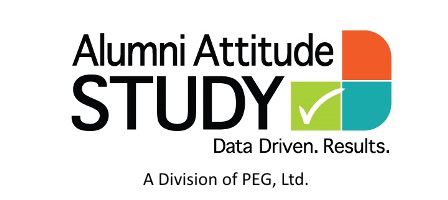In the dynamic landscape of higher education, institutions seek innovative ways to enrich academics and engage alumni. The Alumni Attitude Study (AAS) is a potent tool, empowering universities to gain valuable alumni insights. Beyond serving as a benchmark for sentiments, the AAS supports academics in diverse ways. From informing curriculum decisions to aiding Ph.D. candidates and influencing accreditation, our alumni survey reshapes perspectives and fosters lasting connections. This article explores how the AAS project transforms campus insights and enriches higher education.
academics in diverse ways. From informing curriculum decisions to aiding Ph.D. candidates and influencing accreditation, our alumni survey reshapes perspectives and fosters lasting connections. This article explores how the AAS project transforms campus insights and enriches higher education.
They are utilized in Ph.D. Dissertations: AAS data supports successful Ph.D. candidates, including UCF and George Washington University, incorporating it into their dissertations for Ph.D. achievements.
Accreditation Question Integration: Several universities integrate accreditation questions into the AAS, exploring alumni perceptions and understanding responses across cohorts.
Informing Curriculum Decisions: Alumni perceptions of success after graduation inform curriculum revisions, focusing on areas critical to alumni, like problem-solving and teamwork.
Supporting Faculty Research: AAS data aids faculty in other research projects, such as analyzing relationships between extracurricular activities and academic success.
Enhancing Career Services and Student Affairs: Understanding alumni attitudes fosters increased engagement, supporting career development and student affairs programs.
The AAS project remains a valuable resource, supporting academics and enhancing alumni engagement and institutional development.
